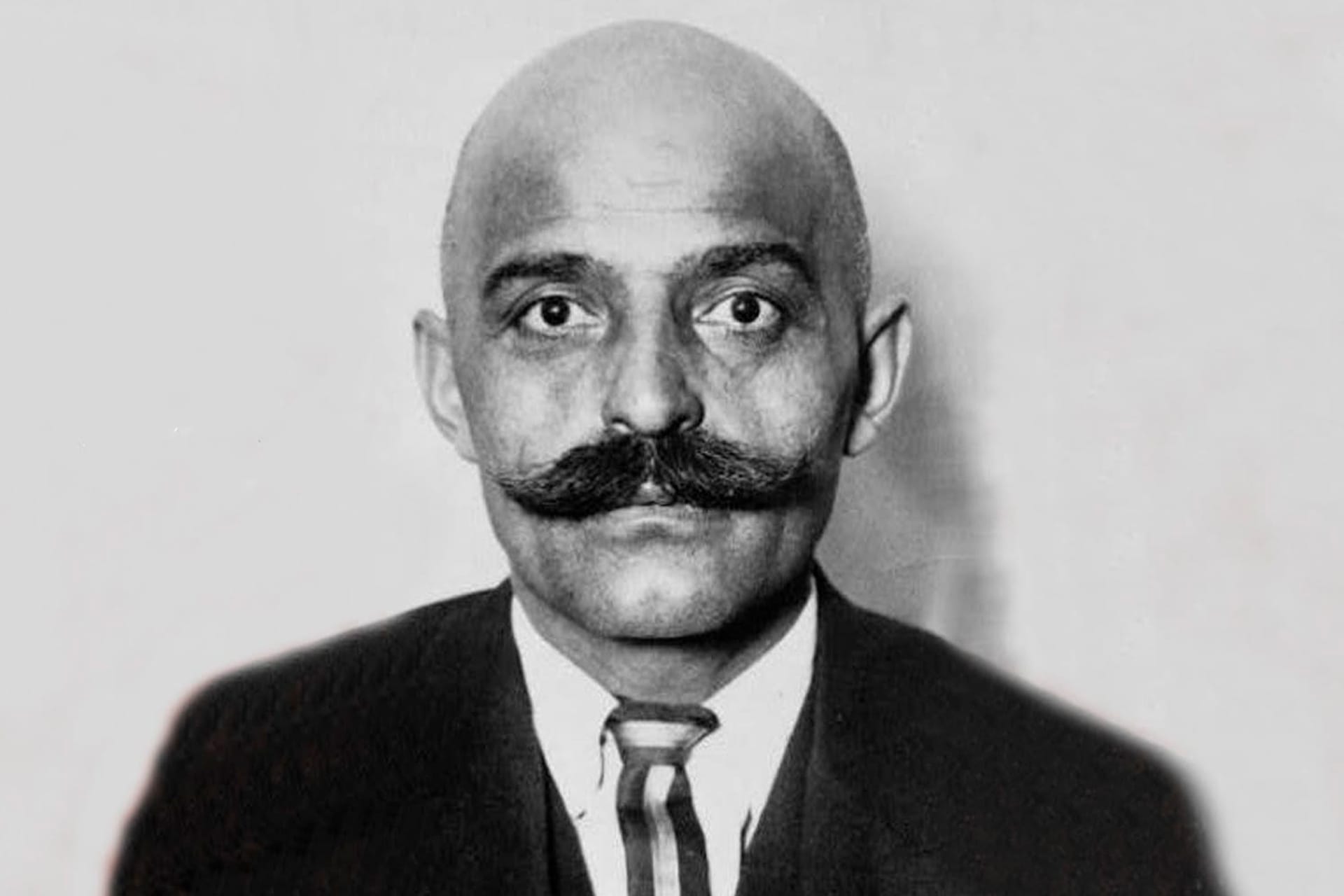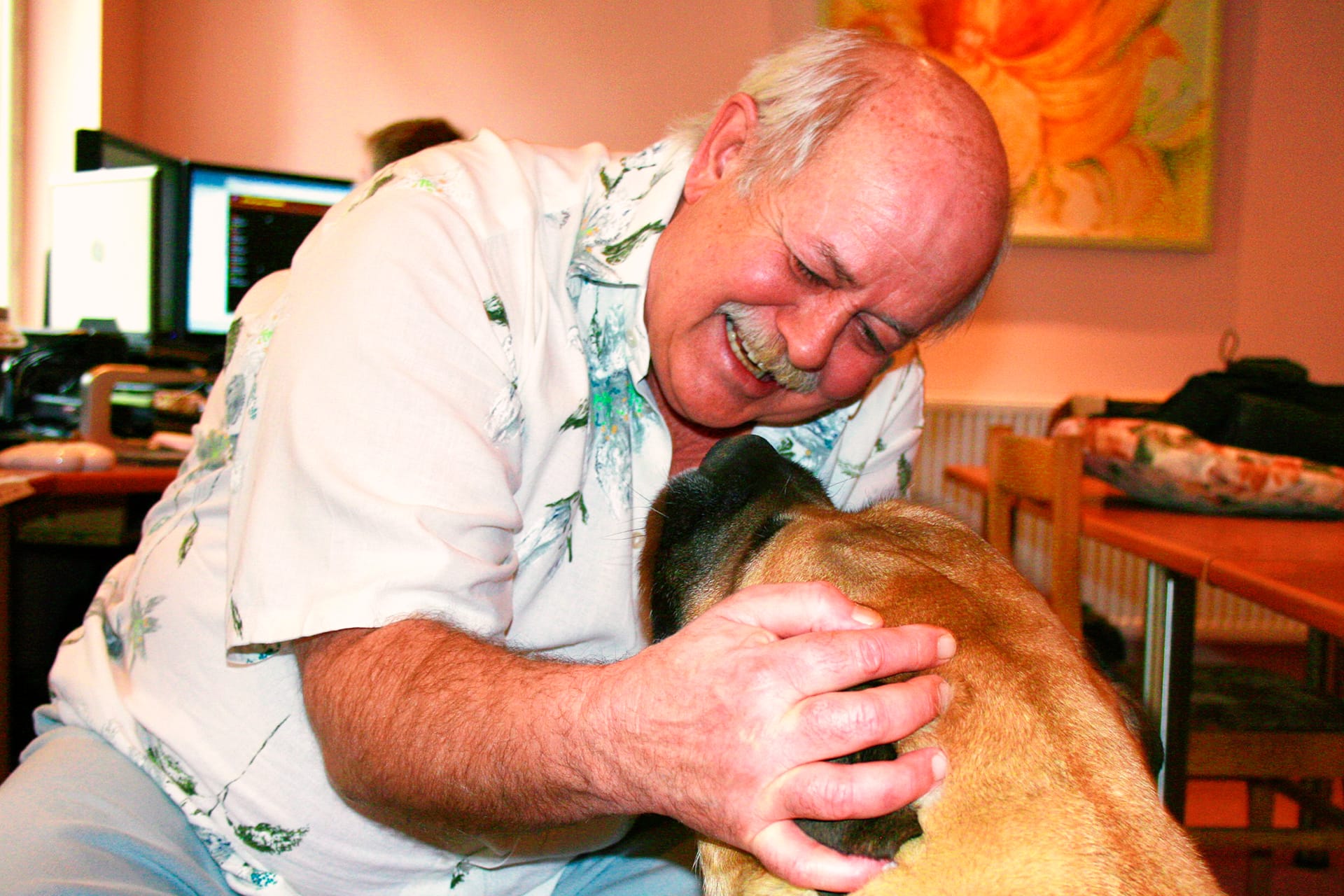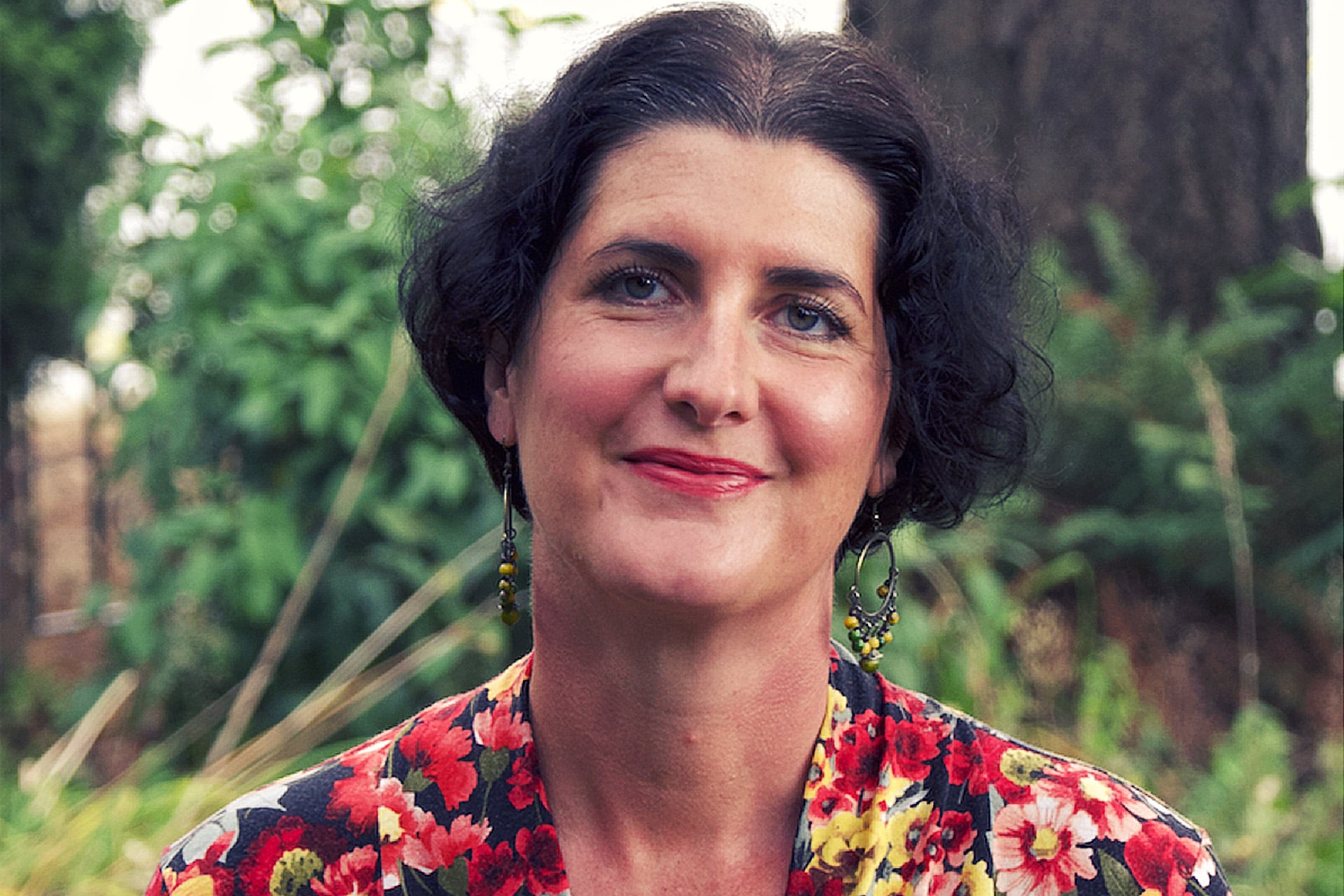Being a trained litigator and a practicing lawyer, I come across the concept of words and their trap on a daily basis.
My challenge begins at the very first appointment with a new client. Most people who face a legal challenge have already decided what the challenge is about – as well as what has to be done, before they even reaching out to seek professional assistance! And in the case where an “opponent” is involved, they embrace wholeheartedly the concept of the “enemy”, whose annihilation has to take place! LOL. Therefore, they use words in order to drag me into their mindset and convince me that they are “right” while their enemy is “wrong”.
The not-doing that I have chosen in such cases, is this:
First, I try to stalk out of my potential client(s) as much information about the case as is possible. This is important because I have discovered through experience that sharing the actual facts with another person has a truly sobering effect; it is the first step to get out of one’s mind.
Secondly, and once I feel I have enough facts, I try to discover what is the real NEED of my client, what lies beyond all those words that are being exchanged. Here, I have found that Théun’s advice in the chapter Properties of Words of Volume I is truly invaluable; it is of great importance to register what the other person is NOT saying, rather than to focus on the face value of the exchange of words.
Usually, I come across a lot of resistance during the above process. My potential client perceives it as me not being one hundred percent on his/her side. The divorce cases are the worst and there have been occasions in which the potential clients did not return to my office. They obviously chose someone else who was willing to pamper them and tell them what they wanted to hear in exchange for access to their wallets. What this resistance and the consequent behaviour REFLECTS for me personally is my own tendency to make every experience a part of my View of the World as fast as possible. Especially if the challenge is accompanied by an “unpleasant” tension, I wish to be done with it ASAP and I fool myself by calling that “resolving”. Therefore, getting in touch with my own NEEDS and with how each challenge that comes my way corresponds with those needs of my clients is a good strategy for me as well.
It is a step towards avoiding the concretisation of the experience, a step towards going beyond the face value of the words and of the concepts they convey.
- Is My Father Weak? - 1st February 2016
- Weak Father – Real or Pretense? - 18th January 2016
- Winner? Or Loser? - 11th January 2016
Articles
Being a Tough Cookie Costs
I need to get there by using my feelings, listening to my heart - and not knowing quite what it is I need to be doing to get…
To Think or Not To Think…
What we call “thinking” is in fact the workings of the rational mind; what we should really be calling computing or…
Pay Attention!
Because attention is an act of will we have commands like, “Pay attention”. The most powerful technique for developing…
What Does It Mean To Be a True Male?
And this is the essence of the reality that lies beyond the face value of the above myth: Life is not and could never be a…
Winner? Or Loser?
Therefore, instead of becoming irritated, I should have been grateful and co-operative!
Pause……….
When I walk or sit, or whatever I do, I always sense my body and specifically what is/what feels ALIVE in my body – this is…
Fun – The Missing Link!
So how can I bring back the fun into the process of my learning and not see fun as just entertainment? How can I be…
Men – Victim or True Male?
I still see so much responsibility dumped onto men about how they should be and how they need to change...
Where Have All the Heroes Gone?
When I look around in the world today, it is with a deep sense of anguish that I still hear echoing in my ears the...
The Well of Being Creative
It entails my relying on my own inner warmth and it unfolds like a “pregnant pause stage” until I give birth to the new!
Using Vulnerability to Stand Up for Myself
More than a year ago I made a decision to challenge myself to face my fear of exposing my vulnerable side with people.
What Does It Mean To Be Real?
Once I acknowledged the REALITY of my situation, I was then able to confront this fear within myself – and then to do…
Science vs Intelligence?
Being intelligent is a way of relating when each party can discriminate between what it NEEDS and what it should AVOID.
Weak Father – Real or Pretense?
I grew up with a father who just loved to pretend he was weak! His favourite past time was to isolate himself...
Is Co-operating Intelligently a Step Forward?
And my departing point on this journey is a simple truth that I already have all I need with which to start!!
To Marry or Not to Marry – the Challenges of Commitment
A convenient boy-girl-friend relationship cannot be left open-ended forever.
Felling Helpless and Out of Control Now?
And if I’m awake enough, I may register the moment I’m about to succumb to inertia – and reverse it!
Does Opening Up To Friends Mean I Am Weak?
I did not panic, and decided to open up myself to my friends and to share how I really felt in that moment – without judging…
Focus on the Positive
I am using the Rule "FOCUS ON THE POSITIVE" for some years already and I really have seen that it works and also how it…
True Friendship
Friendship is a relationship, and believe me, by FAR the most DIFFICULT of all relationships to build, for it does not have
The Far Reaching Effects of Feeling Guilty as a Parent
As parents, no matter what we do, we seem automatically to fall into a trap of feeling guilty about not doing a good enough…
“We Can’t Afford It!” Really?
Instead of looking at WHY I could "not afford" to travel to Greece, I started to look for HOW I could afford it!
Rules of True Communication
Too many people live in worlds removed from those closest to them due to poor communication skills.
How Can I Мake Lemonade Out of a Lemon?
Look how the little oyster transmutes the grain of sand that is irritating and transforms it in the end into a pearl.
Working with Théun Mares
Théun's firm belief was that the world did not need even more fighting and violence to meet the fighting that is……
Working with Emotions
In all of this, working with and managing our anger was the theme of the challenge – and both of us were using our anger as…
Anger and Blame – Constructive?
I have a good feeling that I am able to laugh at myself under stressful situations and somehow all this experience brings…
Effortless Power
What did I do to get from expending untold energy to what is for me now an effortless pleasure?
June
IMPECCABILITY IS TO ACT TO THE VERY BEST OF YOUR ABILITY UPON WHATEVER KNOWLEDGE HAPPENS TO BE AVAILABLE TO YOU AT ANY GIVEN…
Men Don’t Cry
We take action – a man cannot be impotent; we can find the harmony through conflict, confrontation.
Power of Choice
Quite simply, everything that happens in me or around me is first of all because I perceive it.
Do You Trust Your Gut Feel?
Instead I chose to trust the process, to believe, even though at times I couldn't really figure out why I needed another…
Monthly Cycle – A Period of Beauty and Wonder
I no longer dread the arrival of my monthly menstruation, but rather welcome it as MY opportunity to start afresh.
Freeing My Expression
Learning to navigate your relationships provides opportunities to reconnect to the wonder and uniqueness of who you truly…
Stuck in the Unknown Without a Map?
Some that might say that given that this is the unknown or undefined it could mean just about anything we choose it to be!…
Is There Purpose to Evolution?
The mere fact of evolution and it’s astonishing complexity points to a purpose and intelligence capable of making choices at…
So, I CAN change!
The two streams of evolution of the life forms, and what I consider the Self, are vastly different – but I found the…
Catch Yourself Doing Something Right?
Start giving yourself and those around you credit for what you and they are doing right.
Does Conflict Actually Have a Purpose?
I did not submit to the conflict by externalising it, but held the tension and patiently waited while working with the…
Embarrassed By Your Masculinity?
What has happened to turn men into powerless asexual softies that are at the mercy of everyone and everything?!
I Don’t Know!
I am amazed to what lengths I go to maintain a self-image that "I know!" when in fact I KNOW I have no clue!
Tackling Fear
Fear can drive us forward to become bigger and better, wiser and more tolerant, more awake and therefore more responsive.
Troubled Relationships with Parents
You either CONFRONT him, or you choose to do nothing and let him go to pot completely.
Suppressing Emotions – What Does This Mean?
The differences between suppressing and stepping over an emotion highlighted.
Business Partnerships – What is my Motive?
Will this partnership really work? How can two people actually run the business? Will I end up doing all the work?
A Fresh Approach in Learning about Life
My natural curiosity and inquisitiveness in learning all about life is my constant drive.
Marriage, Sex and Warmth
If the two people do not tango together, there is no way for their marriage to work.
Dreaming True
I jumped! And at the end of the first month I waited for the sky to fall on my head! My first working month, ever, without a…
How Can I Use my Rebel Constructively?
Inside each and every one of us is the instinct for survival, and therefore also the intuitive recognition of the need to…
The True Male is Gentle
At the same time as being firm, we also need to be warm and gentle. It is a delicate balance that needs daily care.
Is My Father Weak?
The better things seemed to be, the more emotionally evasive I became!! Why? Because it just had to be "too good to be…
Editorials
Learn How to Put Your Relationships Back on Course
Elizabeth Schnugh helps people use their issues with others to discover more about themselves, says Constance...
Elizabeth Schnugh and ISM
The first simple step on the path to recovery, says Elizabeth, is to realise that you have a choice.
Videos
If I change my behaviour, will the relationships that I have change?
In this series of short videos, Elizabeth Schnugh – Founder and Director of ISM – answers questions about relationships.
What are you going to DO with the rest of your life?
In this series of short videos, Elizabeth Schnugh – Founder and Director of ISM – answers questions about relationships.
I want my partner to change. What do I do?
In this series of short videos, Elizabeth Schnugh – Founder and Director of ISM – answers questions about relationships.
“The World of Little People” ISM Course – the different stages of childhood
In this series of short videos, Elizabeth Schnugh – Founder and Director of ISM – answers questions about relationships.
Was it really love at first sight with my parents when I was born?
In this series of short videos, Elizabeth Schnugh – Founder and Director of ISM – answers questions about relationships.
My children are posing huge problems for me. How do I tackle my child’s behaviour?
In this series of short videos, Elizabeth Schnugh – Founder and Director of ISM – answers questions about relationships.
Everyone wants to hold baby, but who holds mom or dad?
In this series of short videos, Elizabeth Schnugh – Founder and Director of ISM – answers questions about relationships.
How do I get over the resistance I feel towards my mother or father?
In this series of short videos, Elizabeth Schnugh – Founder and Director of ISM – answers questions about relationships.
“But if I do what’s best for me, people will say I’m selfish!”
In this series of short videos, Elizabeth Schnugh – Founder and Director of ISM – answers questions about relationships.
What is an example of true education versus academic schooling?
In this series of short videos, Elizabeth Schnugh – Founder and Director of ISM – answers questions about relationships.
What can I do if I have lost my self-confidence?
In this series of short videos, Elizabeth Schnugh – Founder and Director of ISM – answers questions about relationships.
I’m okay – I don’t need “fixing”, so why should I come to an ISM Course?!
In this series of short videos, Elizabeth Schnugh – Founder and Director of ISM – answers questions about relationships.
Is there a way to make a divorce less painful?
In this series of short videos, Elizabeth Schnugh – Founder and Director of ISM – answers questions about relationships.
Why do we fail in so many of our relationships?
In this series of short videos, Elizabeth Schnugh – Founder and Director of ISM – answers questions about relationships.
There are so many courses out there… what is different about a course at ISM?
In this series of short videos, Elizabeth Schnugh – Founder and Director of ISM – answers questions about relationships.
If you do not love yourself, why should anybody else love you?!
In this series of short videos, Elizabeth Schnugh – Founder and Director of ISM – answers questions about relationships.
Does human connection help a low self-image?
In this series of short videos, Elizabeth Schnugh – Founder and Director of ISM – answers questions about relationships.
How do I know if I’m in a good relationship?
In this series of short videos, Elizabeth Schnugh – Founder and Director of ISM – answers questions about relationships.

































































